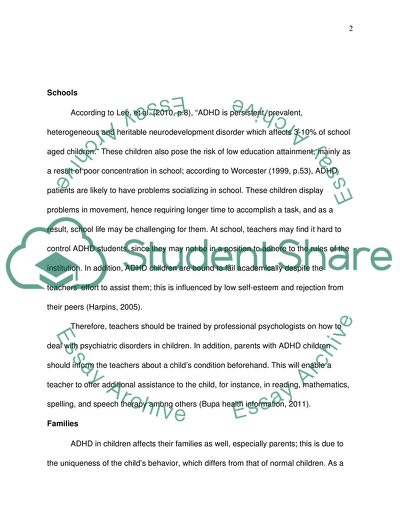Cite this document
(Understand Children with Attention Deficit Hyperactive Disorder Research Paper - 1, n.d.)
Understand Children with Attention Deficit Hyperactive Disorder Research Paper - 1. https://studentshare.org/medical-science/1765421-children-with-attention-deficit-hyperactive-disorder
Understand Children with Attention Deficit Hyperactive Disorder Research Paper - 1. https://studentshare.org/medical-science/1765421-children-with-attention-deficit-hyperactive-disorder
(Understand Children With Attention Deficit Hyperactive Disorder Research Paper - 1)
Understand Children With Attention Deficit Hyperactive Disorder Research Paper - 1. https://studentshare.org/medical-science/1765421-children-with-attention-deficit-hyperactive-disorder.
Understand Children With Attention Deficit Hyperactive Disorder Research Paper - 1. https://studentshare.org/medical-science/1765421-children-with-attention-deficit-hyperactive-disorder.
“Understand Children With Attention Deficit Hyperactive Disorder Research Paper - 1”. https://studentshare.org/medical-science/1765421-children-with-attention-deficit-hyperactive-disorder.


